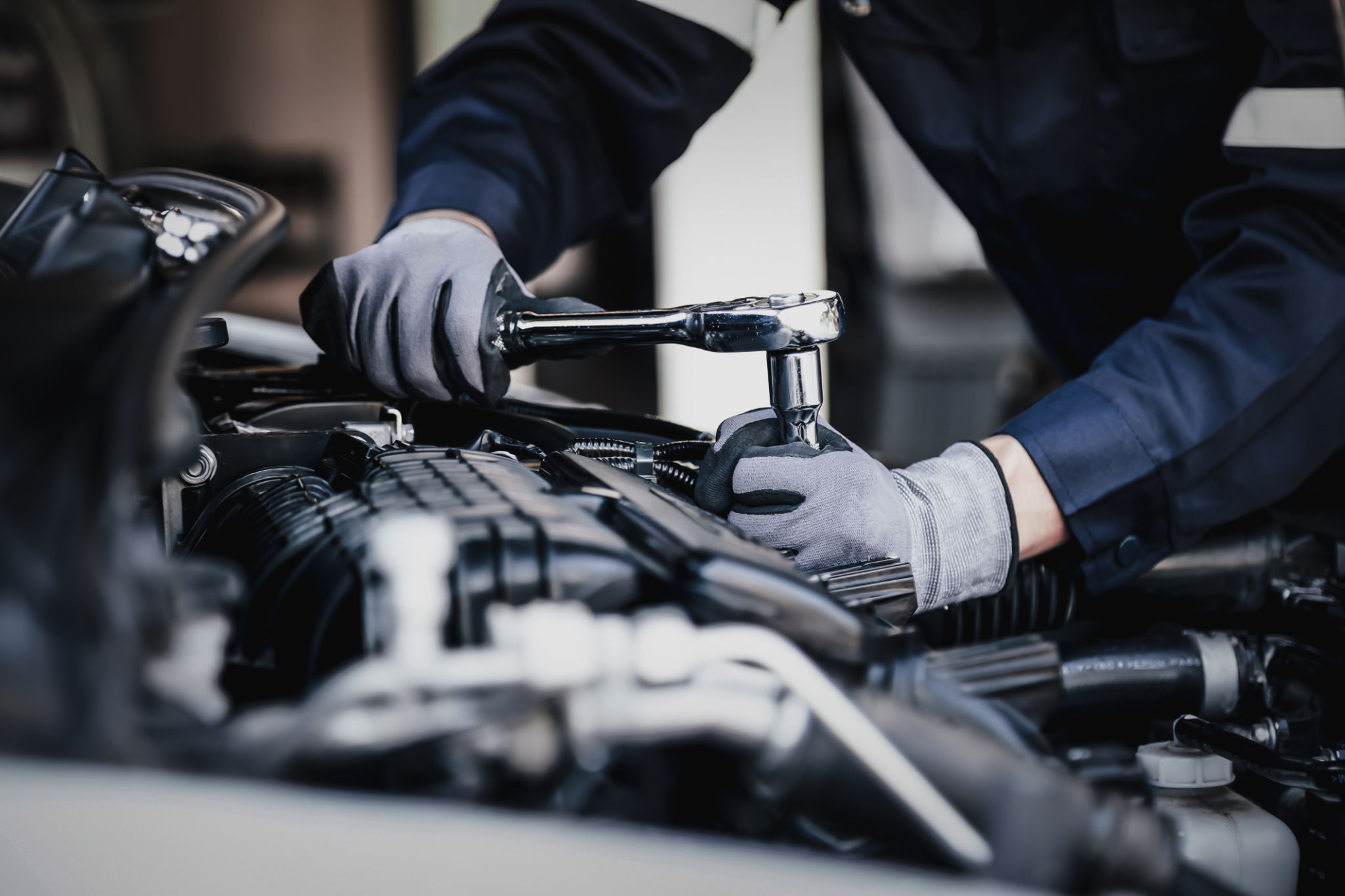Why Adaptive Cruise Control Calibration is Essential for Your Vehicle
Understanding Adaptive Cruise Control
Adaptive Cruise Control (ACC) is an advanced driver-assistance system that enhances the traditional cruise control by using sensors and cameras to automatically adjust the speed of your vehicle. This technology helps maintain a safe distance from the car ahead, providing a smoother and safer driving experience. As vehicles become increasingly automated, systems like ACC are becoming more common, making calibration an essential part of vehicle maintenance.

The Importance of Calibration
Proper calibration of ACC is crucial for ensuring the system functions as intended. Misalignment or incorrect calibration can lead to inaccurate readings, affecting the car's ability to maintain a safe distance from other vehicles. This can compromise safety, defeating the purpose of having an ACC system in the first place. It's important to understand that just like any other part of your car, the ACC requires regular checks and maintenance.
How Calibration Works
Calibration involves adjusting the sensors and cameras used by the ACC system to ensure they are accurately reading their environment. This process often requires specialized equipment and technical expertise. During calibration, technicians will test the system under various conditions to ensure it responds accurately and reliably.
When to Calibrate Your ACC
There are several instances when you should consider calibrating your ACC:
- After any collision or impact that might have altered sensor alignment
- Following a windshield replacement, as cameras are often located near or within this area
- Whenever you notice irregularities in how your ACC functions

Signs Your ACC Needs Calibration
It's crucial to recognize the signs that suggest your ACC may need calibration. Some common indicators include:
- The system fails to detect vehicles correctly
- Unexpected braking or acceleration
- Warning lights or error messages related to cruise control systems
The Role of Professionals in Calibration
While some vehicle owners may feel tempted to troubleshoot or attempt calibration themselves, it's essential to leave this task to professionals. Technicians have access to manufacturer-specific information and tools that ensure the system is calibrated according to precise standards. This ensures both safety and optimal performance.

The Benefits of Regular Calibration
Regular calibration offers numerous advantages. It ensures your vehicle's ACC system functions accurately, enhancing both safety and comfort on the road. Proper calibration can also prevent potential system failures and extend the lifespan of your vehicle's technology, saving you time and money in the long run.
Conclusion: Prioritizing Safety and Efficiency
Incorporating regular ACC calibration into your vehicle maintenance routine is an investment in safety and efficiency. As adaptive technologies continue to evolve, staying informed about their upkeep is more important than ever. By prioritizing calibration, you can ensure that your vehicle remains a reliable partner in your journeys.
